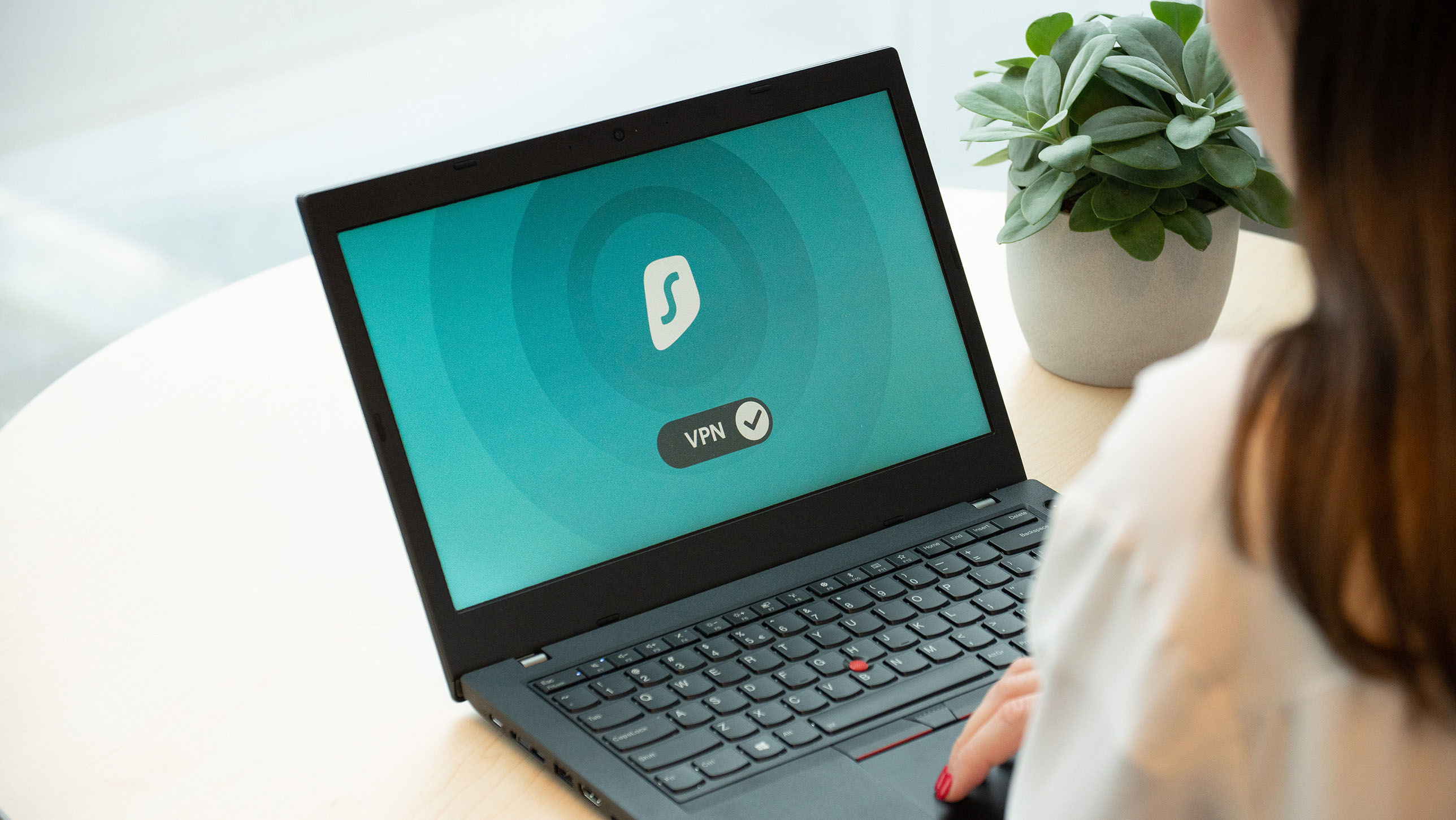Fed up with data snoopers? Surfshark takes IP spoofing to new heights with new Multi IP feature
The VPN has also given a boost to its IP rotation capabilities

Sign up for breaking news, reviews, opinion, top tech deals, and more.
You are now subscribed
Your newsletter sign-up was successful
- Surfshark takes IP spoofing to the next level with new Multi IP feature
- The VPN has also recently upgraded its IP rotating feature
- Multi IP and Rotating IP options cannot be used simultaneously
Are you a high-security VPN user who is truly fed up with third parties profiling you? Surfshark might have you covered.
The cybersecurity company is taking its VPN's IP spoofing abilities to a higher plateau with Multi IP, its new feature that allows users to assign a different IP address to each website, app or service within the same session.
This move contrasts with traditional VPNs, which tend to route user connections through a single IP address. Instead, Surfshark's Multi IP provides multiple IP addresses for different websites, partitioning your online behaviour and preventing snoopers from correlating user data activities, brilliantly minimising the chances of being modelled by third parties.
As it refines its IP spoofing techniques to stay ahead of the best VPNs on the market, Surfshark has also enhanced its IP rotation feature.
The service now automatically rotates the user's IP address every five minutes, regardless of their location, further alienating data grabbers from learning users’ digital whereabouts for potential phishing targeting and data theft.
How Surfshark's Multi IP works?
How does this Multi IP mojo work? Karolis Kaciulis, Surfshark's chief systems engineer, tells TechRadar that it is Surfshark's infrastructure, Nexus, that makes the magic happen.
The multi-routing technology is the same that drives Surfshark’s route optimisation feature FastTrack and persistence feature Everlink, and allows the VPN server to reach all other servers within Nexus rather than through a single VPN tunnel. Since most websites maintain a single IP address, Multi IP can choose a new route for each connection.
"The feature leverages the interconnectivity provided by Nexus and attempts to utilise all available Nexus connections as paths for users," Kaciulis explains.
"The distribution of these paths is achieved through equal-cost multi-pathing, or ECMP, which enables traffic to be split equally over all available paths."
Because different parts of your traffic come from different IPs, the system makes it significantly harder for snoopers and large entities to track activity or link actions to a single identity.
Platforms with multiple services, such as Google’s search and Maps, or Meta’s Facebook and Instagram, cannot reliably correlate behaviour across their apps.
"This weakens cross-site and cross-app correlation, preventing advertisers and data brokers from easily linking visits or actions, which in turn severely limits profile building and the reach of targeted ads," Kacioulis explains.
While Multi IP and Rotating IP options cannot be used simultaneously, they work on the same principle: the IP changes are made on the server side without interrupting the connection to the virtual private network (VPN), so there are no data leaks in the user's traffic.
Surfshark One: $2.19 per month – 88% off + 3 months free
Surfshark has already slashed its prices for Black Friday. Starter is Surfshark's cheapest price plan, but Surfshark One is where the real deal is. Besides an excellent VPN product and Alternative ID, here's what you get with Surfshark One over Starter:
✅ Full antivirus built in
✅ Privacy-first web search
✅ Email, ID, and credit card fraud alerts
Not for everyone
Multi IP is for users who seek the highest level of online privacy and are willing to compromise on a few potential trade-offs.
For example, although Multi-IP's flexible configuration allows users to choose whether the different IPs remain in the same city, country, or worldwide, selecting the global IP option within Multi IP can affect the daily Internet browsing experience.
This is because frequent IP address changes can cause some websites or apps to load or function improperly, explains Kacioulis.
"As many platforms have strict geo-restrictions, if you have different domains on the same website from multiple IP addresses, the platform might flag you as a suspicious actor," Kacioulis explains.
Some platforms also use separate infrastructure for each region, meaning that if the website you are using has multiple IP addresses worldwide, your session may not be transmitted globally.
Therefore, if automatic log-outs from your favourite websites drive you mad, Multi IP might leave you disenchanted. That said, if it's your Instagram clicks turning into Facebook ads that you just can’t stomach, welcome to your new world.
Follow TechRadar on Google News and add us as a preferred source to get our expert news, reviews, and opinion in your feeds. Make sure to click the Follow button!

Silvia Iacovcich is a tech journalist with over five years of experience in the field, including AI, cybersecurity, and fintech. She has written for various publications focusing on the evolving regulatory landscape of AI, digital behavior, web3, and blockchain, as well as social media privacy and security regulations.
You must confirm your public display name before commenting
Please logout and then login again, you will then be prompted to enter your display name.

